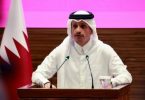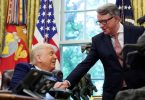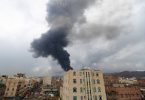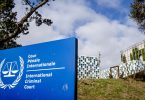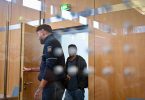SOFIA (AFP): Conservatives led by Bulgaria’s former prime minister Boyko Borissov failed Wednesday to secure parliament support for a minority government, raising the prospect of new elections this fall.
The GERB party came first in last month’s vote but has struggled to find partners to govern, creating a political impasse for the Balkan nation that aims to join the single-currency eurozone by 2026.
A fresh election would be the seventh in three years after Borissov’s nearly decade-long rule ended in 2021 following a wave of anti-corruption protests against his government.
Apart from GERB’s 68 lawmakers in the highly fragmented parliament, only 30 MPs from the Turkish minority MRF party backed Rossen Jeliazkov, a former head of parliament, as new premier, while 138 opposed him.
President Rumen Radev must now task the second-biggest party, the liberal MRF, to try to form a stable government by securing support in the 240-seat parliament.
But MRF’s leader, Delyan Peevski, remains the target of American and British sanctions over corruption allegations, and analysts say divisions within his party also make it unlikely that it could form a government.
Other parties also appear to have little hope of forming a working government.
Before the last snap vote in June, GERB had formed a loose coalition government with the reformist PP-DB grouping on a pro-EU platform that supported Ukraine’s fight against the invasion by Russia — traditionally a close ally of Bulgaria.
But the fragile partnership collapsed after just nine months in power when the parties failed to agree on judicial and other reforms.
Turnout at the June vote, held at the same time as EU Parliament elections, was the lowest for a national election since the end of communism at just 34 percent, and analysts say participation could hit a fresh low in an autumn vote.


